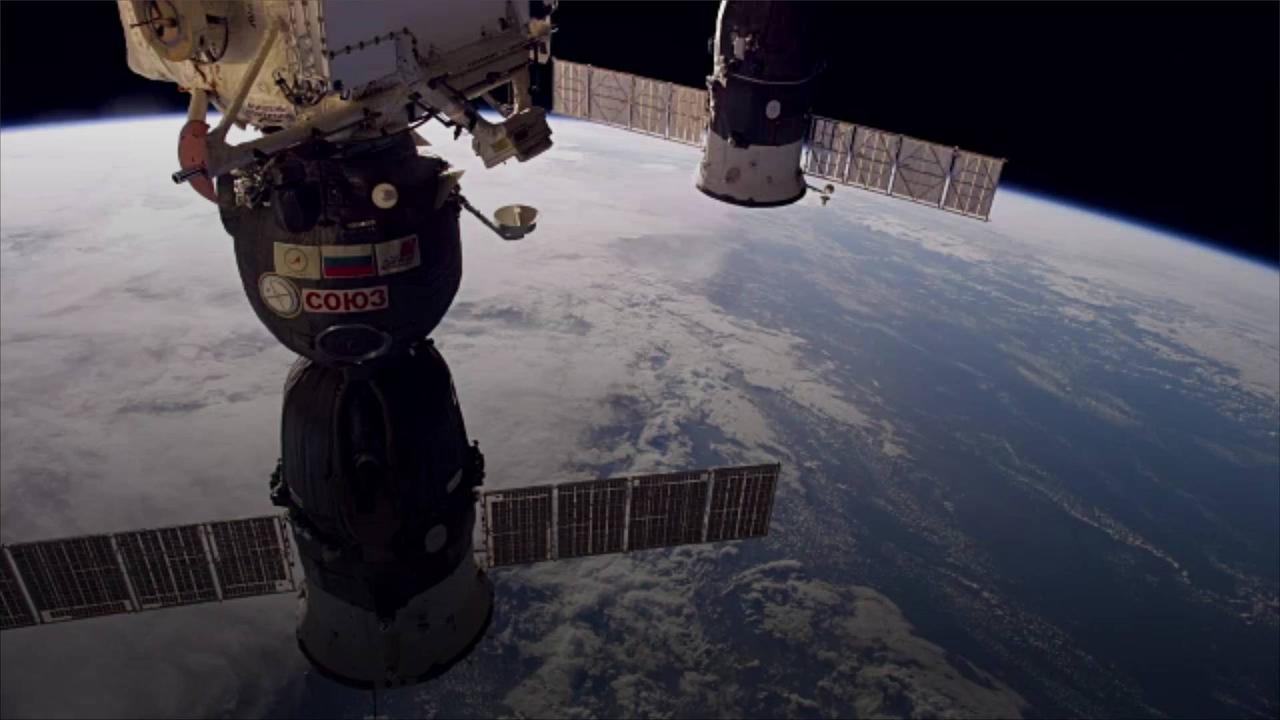
NASA Is Testing the ISS for , Evidence That Microorganisms , Can Survive in Outer Space.
On October 12, NASA conducted a spacewalk to swab the exterior of the International Space Station to check for evidence of microorganisms. .
The Byte reports that, if found, the microorganisms would have survived under some of the most extreme conditions possible.
The search for evidence that microbes are capable of surviving in outer space could have implications on the search for life outside of Earth.
.
Back in 2015, astronauts exposed microbes to cryogenic temperatures and extreme radiation levels.
According to a 2020 paper, a bacteria known as Deinococcus radiodurans was able to survive for three years in outer space.
Another experiment found that even simpler organisms were also capable of surviving in the harsh conditions outside of the ISS.
The Byte reports that the results suggest that microbes may be able to allow basic life forms to cover vast distances, potentially jumping from planet to planet.
Of course, this does not mean that life actually exists on Mars, Jean-Pierre Paul de Vera, Astrobiologist at BIOMEX, via The Byte.
But the search for life is more than ever the strongest driving force for the next generation of missions to Mars, Jean-Pierre Paul de Vera, Astrobiologist at BIOMEX, via The Byte
